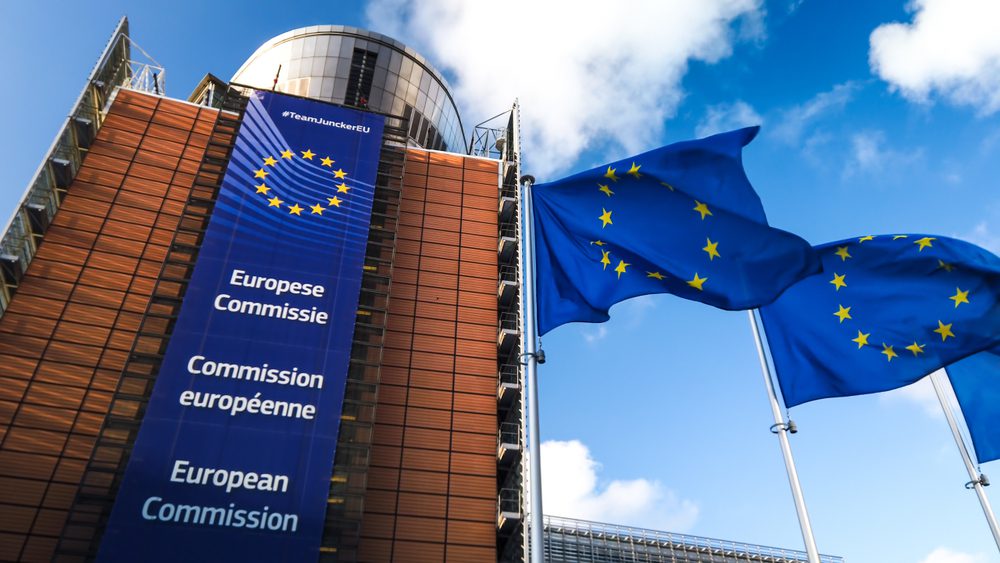
After several days of intense controversy spearheaded by France, the American economist Fiona Scott Morton, who had been chosen by the European Commission to head the directorate-general for competition (DG-COMP), has decided to withdraw.
Her appointment had been announced on Tuesday, July 11th, and had provoked indignation among MEPs due to the significant risk of conflict of interest that could arise given this Yale professor’s past career choices. Having worked for the U.S. administration under Obama, she had also worked for a number of Big Tech companies, including Apple and Meta, leading to fears that her new job might lack impartiality, as she would be expected to interact with these major groups—her former colleagues—but in the interests of the European Union. Furthermore, opponents of her arrival in Brussels pointed to Scott Morton’s non-European status, and more specifically, her U.S. nationality, as an infringement on European sovereignty at a time when an economic war is raging between the EU and the world’s leading economic power.
In France, the rebellion against Fiona Scott Morton has been particularly intense, from sovereignist figures as well as government ministers. President Emmanuel Macron himself said he had “doubts” about the appropriateness of her appointment.
Requests for the European Commission to reject the American’s bid to the directorate-generalship were rejected on Friday, July 14th, as the Brussels body considered that there was no problem with the choice of Fiona Scott Morton, who was selected based on her background and skills. But cross-pressure from France and MEPs finally got the better of Scott Morton, who announced on Twitter on Wednesday, July 19th, through the voice of Commissioner for Competition Margrethe Vestager, that she was “not taking up the position.” She explained:
I am honoured to have been chosen. However, in view of the political controversy that has arisen due to the selection of a non-European to take up the post, I have determined that the best course of action is to step aside, and not to take up the post.
Professor Fiona Scott Morton has informed me of her decision to not take up the post as Chief Competition Economist. I accept this with regret and hope that she will continue to use her extraordinary skill-set to push for strong competition enforcement https://t.co/8WSmWYc4LV pic.twitter.com/W3Zb34in7N
— Margrethe Vestager (@vestager) July 19, 2023
French Minister for Digital Affairs Jean-Noël Barrot welcomed with relief the announcement of Scott Morton’s withdrawal, hailing it as a move that would “preserve European digital sovereignty.” The Rassemblement National delegation at the French National Assembly welcomed what it considered “a defeat for the European Commission and a fine victory for French interests.”
The fact remains, however, that Scott Morton’s withdrawal—of her own accord—absolves the European Commission of its responsibility in this appointment, since it initially refused to reverse its decision, despite a mobilisation widely shared in Parliament by all the political groups.
François-Xavier Bellamy MEP, a member of the EPP, stressed that we should not be content with the withdrawal, but should look further upstream to see what led to this appointment: “This is only the first step: we must now shed light on the process that led to this recruitment,” he explained.
In an interview with France info, French journalist Jean Quatremer, a specialist in European issues, went into detail about the deep political roots of this affair, which he describes as a “political mistake,” and defended himself from any anti-Americanism or xenophobia.
Even if some people would have us believe that it’s xenophobia to attack her passport, her American nationality is obviously a problem. Do you know of any other major country that would appoint to its antitrust division, for example, or to its military staff someone who is not a national of that country, on the pretext that he is highly competent? It makes absolutely no sense.
He denounced a form of “European naivety,” disregarding our national and European interests. “It’s not for nothing that there are no French, Chinese, Germans, Martians, or Jupiterians in the American administration,” he added with a certain amount of annoyance.
The recruitment process is due to be relaunched, this time in favour of a European candidate.
